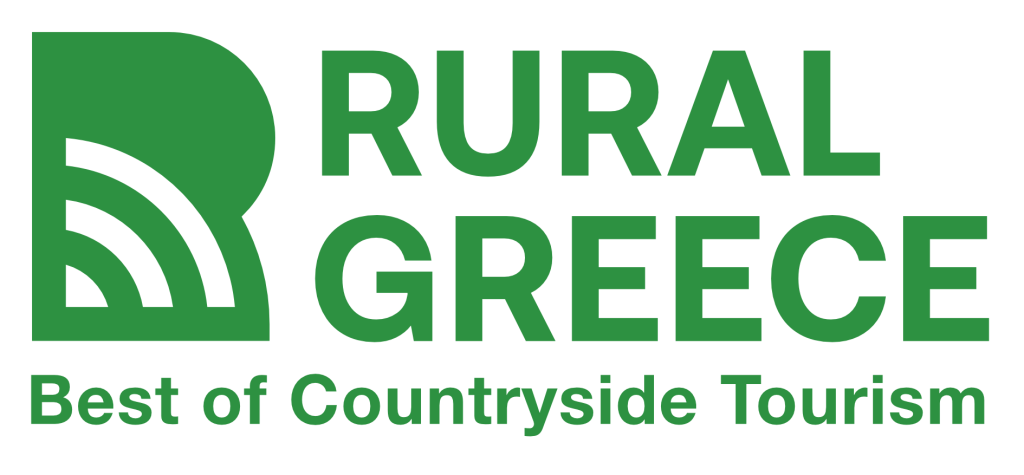Title – Name
Montanema Handmade Village
Scope / Sector / Industry
Agro-tourism hospitality unit
Country / Region
Greece, Mouzaki Karditsa
Why is it good practice?
Montanema Handmade Village is an agro-tourism hospitality unit, which applies an operational and business model, which is directly linked to sustainable development. The company, recognizing the importance of environmental protection for the sustainable development of tourism, implements an interesting environmental management system, which highlights its commitment to the development of a sustainable tourist destination, in relation to the environment and the local community.
How is it applied?
Montanema Handmade Village is located in Mouzaki of Karditsa, in the mountains of Agrafa and is a traditional hospitality “village”, offering a variety of traditional accommodations (houses, villas, maisonettes and mansions). The business goal of the owners was to create a “village” which will operate respecting the natural environment and local tradition based on the principles of sustainability. The way in which the business operates and ensures its sustainable development are summarized as follows:
1. Strengthening the local economy: The company chooses to cooperate with local suppliers, both for constructions/repairs and for the purchase of products. It works with many local food producers, strengthening the local economy and promoting Greek gastronomy.
2. Energy efficiency: In order to reduce energy consumption, it implements the following actions:
- Design of all buildings based on the principles of bioclimatic architecture and ecological building. The building units are highly insulated to ensure lower energy consumption. The energy consumed by the heating system comes from renewable sources and digital thermostats have been installed so that the heating can be programmed and regulated. The fireplaces are also energy efficient and guests ensure the lowest heat loss by keeping the windows closed and using the wood wisely.
- Installation of an energy recovery system from air conditioning and ventilation of internal common areas with the aim of heating or cooling domestic water.
- Ensuring hot water from solar panels.
- Installation of an energy recovery system from air conditioning and ventilation of internal common areas with the aim of heating or cooling domestic water.
- Replacement of electricity from gas in all kitchens and main laundry facilities. At the same time, many kitchens work with wood.
- Replacement of incandescent lamps with LED lamps.
- Installation of energy efficient electrical equipment (A +++ systems).
3.Water consumption reduction and liquid waste management: The hotel is located in a geographical position that allows its water supply directly from natural sources without treatment. However, due to the proximity of the hotel to an ecosystem protected by the Natura treaty, the hotel not only strives to reduce water consumption but also to effectively treat liquid waste. Actions for water and waste management concern:
- Reduction of surfactants and their replacement with handmade soaps and detergents with lower phosphorus concentrations and parallel reuse of used oils.
- Automated watering of the green areas of the hotel at night to avoid the morning sun leading to water loss due to evaporation.
- Implementation of drip irrigation systems.
- Implementation of the “Wash on Demand” policy. In particular, the guests’ towels are only replaced if they have been left on the floor and the sheets only when they bear the special marking.
- Cleaning pool manually and avoiding frequent replacement of water.
- Staff training in water saving techniques.
4. Food Disposal Policy: Food that has been cooked and not eaten at the buffet is offered to restaurant workers, while quantities of food are composted within the hotel.
5. Reduce paper consumption: Reduce paper consumption by removing most printed information (e.g. welcome card, room list, notes page, envelopes, etc.) and use environmentally friendly paper for all printing.
6. Plastic Reduction: Minimizing plastic used and recycling it.
7. Sustainable management of the landscape: The company makes use of what nature provides without putting pressure on the natural capital. In particular, it utilized local stone, and wood from the area, it used the building material “Kurasani”, which is a traditional strong and ecological building material, while the floors are made of baked clay which is a 100% natural recyclable material. In the construction of the road as well as in the initial design of the project, the flora of the estate was taken into account and the smallest possible intervention was made. At the same time, a large number of local trees and shrubs were planted, as a result of which the surrounding area harmonizes with nature.
8. Protection of Biodiversity: Following the principles of the EU Council, the company follows methods of biological production and recycling of organic materials (composting).
9. Employees: The company employs a local workforce, which is trained to protect local biodiversity and waste minimization.
10. Visitors: Visitors have the opportunity to participate in environmental actions, in order to contribute to the protection of the environment and to strengthen the local community.
In addition to the sustainable management of the hotel, special emphasis is placed on creating authentic rural experiences, close to local tradition and culture. In this context, it offers handmade flavors with raw materials from its own vegetable garden or from local producers, such as fresh handmade bread made in the lodge’s wood-fired oven, local cheeses, traditional pies, free-range meats, traditional dishes and local handmade sweets that bring the visitor closer to the flavors of the mountain. The meals are combined with distilled tsipouro made by the company itself, wine supplied by a small winery in the area and herbal teas that they have collected from the mountains of Agrafa. The raw materials used are those that the season offers each time, so the meals change every season.
Also, the company gives importance to the development of activities that bring the visitor closer to nature and the countryside. In particular, it organizes picnics in various parts of the forest, hiking with a guide, on local trails (6 hiking trails are recommended), fruits and mushrooms picking, with a guide who teaches their beneficial properties. It also offers courses in archery, handmade cosmetics and natural soap from mountain raw materials, cheese making and traditional cooking by local women and organizes themed wine evenings and other events. Finally, it suggests alternative activities in Plastira Lake and in the wider area (e.g. horse riding, canoeing, pedalo, fishing, hang gliding, paragliding) in collaboration with local companies.
Where is it applied?
Montanema Handmade Village is addressed to all those who want to live a “slow” experience, in full harmony with nature and with all their senses.
When did it applied?
Montanema Handmade Village started its operation in 2014.
Other Information
Montanema Handmade Village has set up the Greet Team, which takes care of separating garbage for recycling, properly watering the lawn and vegetable garden in the early morning hours, cleaning and caring for the paths, caring for and feeding the farm animals with organic kitchen waste, the regular inspection of the cars to limit carbon dioxide and the cultivation of raw materials.
The official site of Montanema Montanema Handmade Village is: https://www.montanema.gr/el/




